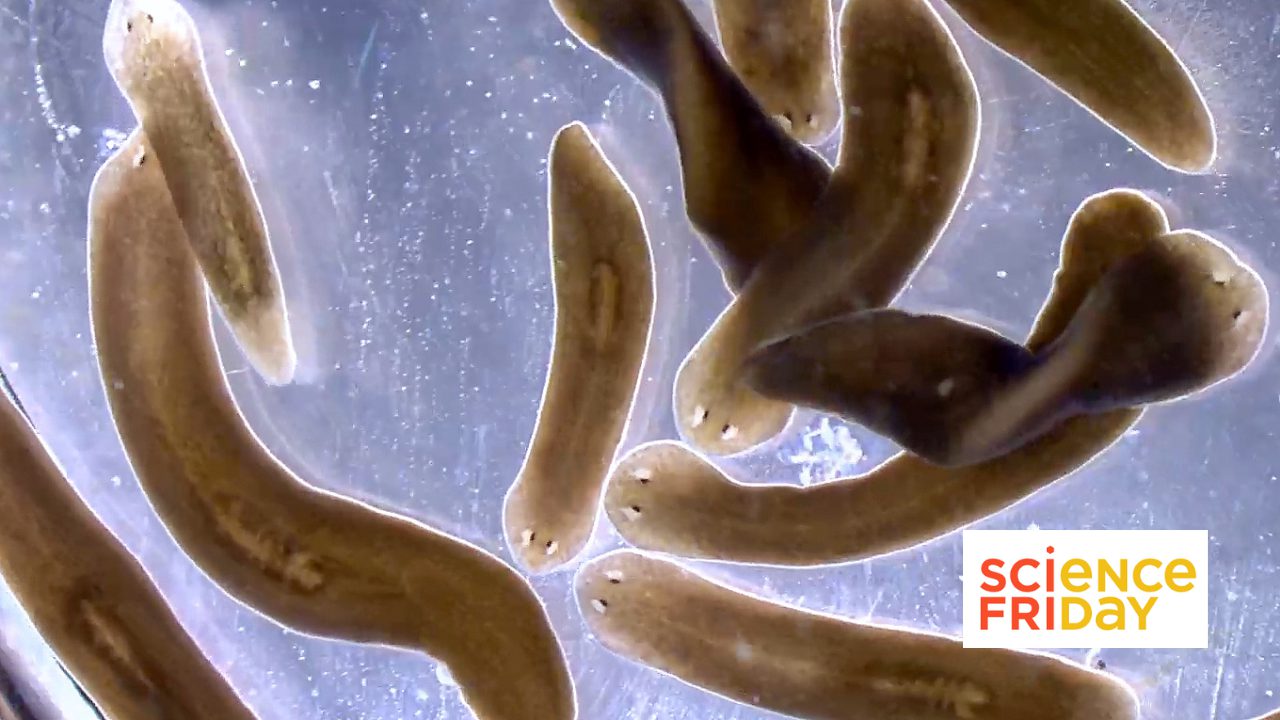In The News

07 January 2026
Investigator Kamena Kostova, named ‘Cell Scientist to Watch’
From the Journal of Cell Science, Investigator Kamena Kostova named a 'Cell Scientist to Watch'
Read Article
KANSAS CITY, MO—R. Scott Hawley, Ph.D., Investigator and Dean of the Graduate School at the Stowers Institute for Medical Research, was recognized with a research service award from the regional chapter of the American Cancer Society. Hawley received the award from the High Plains Division of the American Cancer Society at the Cattle Baron’s Ball in Kansas City on June 13, 2015.

“Dr. Scott Hawley has changed the way the community of Kansas City thinks about cancer research,” said Bridgett Myers, Senior Director of Community Engagement of the American Cancer Society in Kansas City. “Dr. Hawley has a gift for explaining and discussing cancer research in a way that our volunteers and donors can relate to and understand. His passion for what he does every day and the commitment he has to the American Cancer Society comes through every time he engages with the community.
“He gives us hope that what we are doing to raise the money, to support the research, is truly making a difference in the fight against cancer. We are forever grateful to Dr. Hawley for his service to the American Cancer Society.”
Hawley is widely recognized as an expert in fruit fly genetics, chromosome biology, and meiosis. He has authored over 140 articles and six books, including The Human Genome: A User’s Guide. Hawley was inducted into the American Academy of Arts and Science in 2006 and elected to the National Academy of Sciences in 2011. He has won numerous awards for his teaching, including the Genetics Society of America’s award for Excellence in Education in 2008. The GSA awarded him the coveted George W. Beadle Award in 2013 for outstanding contributions to the community of genetics researchers.
Hawley has often said there are three functions of a scholar: to learn, to write, and to teach. This most recent award demonstrates his commitment to excellence in all three pursuits.
“I love reaching out to people to tell them why research matters and why it needs their support,” said Hawley. “I want cancer to one day become a disease that can be treated in the pharmacy. There are a few tools like that already out there, and there are a few more coming, but there is still a long way to go. In times like these when funding from other sources is very tight — in many cases levels of support for cancer research aren’t being maintained, much less increased — it is going to be up to us to stand up and gather the resources we need to make these big advances possible.”
In addition to supporting important research, funding from ACS has also helped Hawley to train the next generation of researchers who he says will ultimately make the big breakthroughs in cancer treatment. Over the last 30 years, more than 400 undergraduates — plus even more graduate students, postdocs, and technicians — have gone through his laboratory. Hawley finds great joy in watching these “intellectual grandchildren” start their own research programs and generate their own discoveries.
“They go on to amazing careers, and I love talking with them at meetings and hearing about their successes. I am just so fortunate to not only make a difference here in one lab, but to also make a difference in lots of labs in lots of places,” says Hawley.
About the Stowers Institute for Medical Research
The Stowers Institute for Medical Research is a non-profit, basic biomedical research organization dedicated to improving human health by studying the fundamental processes of life. Jim Stowers, founder of American Century Investments, and his wife, Virginia, opened the Institute in 2000. Since then, the Institute has spent over 900 million dollars in pursuit of its mission.
Currently, the Institute is home to almost 550 researchers and support personnel; over 20 independent research programs; and more than a dozen technology-development and core facilities.
In The News

07 January 2026
From the Journal of Cell Science, Investigator Kamena Kostova named a 'Cell Scientist to Watch'
Read Article
#Stowers25: Celebrating 25 Years
06 January 2026
Alejandro Sánchez Alvarado, Ph.D., reflects on a year of discovery, gratitude, and the community that helps support our mission.
Read Article
In The News

01 January 2026
From Science Friday, President and CSO Alejandro Sánchez Alvarado talks about the science of regeneration and the biology lessons we can carry into the new year.
Read Article
